While the cost may be astronomical, indeed barely imaginable for us mere mortals, owning a private jet does have its benefits. Privacy and comfort aside, it means the lucky owner can dodge those nerve-wracking airline luggage weigh-ins, and that last point in particular comes in particularly handy for Lionel Messi.
When the Argentina captain headed back to France after a hectic week of ceremony, hero worship and a little football he was not forced to perform a last-minute juggling act at the Ezeiza check-in counter, despite leaving the country rather more heavily laden than when he arrived. Messi received a bewildering array of plaques, replica trophies and other commemorative bric a brac this week, but his only concern now is where to arrange it all on a mantlepiece which at this point in his illustrious career must be buckling under the strain.
The international week otherwise went largely to plan for the Albiceleste, who won both their friendlies with ease against opponents who appeared delighted just to be part of their World Cup celebrations. After making surprisingly hard work of Panama's B team the Scaloneta returned to form with a searing 7-0 rout of Curaçao, Messi turning up with a first-half hat-trick to take his international goals tally past 100 and in the process earn yet another plaque (the manufacture of which appears to be a booming industry in these otherwise uncertain economic times).
There was no such luck for his strike partner Lautaro Martínez, whose Qatar curse continued with an inexplicable miss in that second game which fortunately had little bearing on the final result. Lautaro will surely begin to hit the net sooner rather than later, but just in case he appears to be cultivating a fledgling career as master of ceremonies, leading crowds in both Núñez and Santiago del Estero in a rousing singalong as part of the interminable festivities that stretched a full five days.
If you thought the rest of Argentine football would be content merely to watch their heroes in action, though, you would be wrong. Boca Juniors Vice-President Juan Román Riquelme enjoyed his own rousing homecoming at his old Spanish stamping ground of Villarreal at the weekend, and was barely off the plane before he summoned Hugo Ibarra for the dreaded chop, the fourth coaching casualty of Román's Bombonera tenure.
Ibarra received his marching orders at the Boca training ground and not in the car park of an YPF petrol station. But in spite of the change in location his fate proved almost identical to that of predecessor Sebastián Battaglia. Both men are Xeneize through and through, club legends as players and long-time collaborators behind the scenes. Both delivered silverware during their short time – less than 12 months in each case – in charge. But neither proved a capable enough tactician to win the trust of the famously demanding Riquelme, with a run of three winless Liga Profesional games enough to push Ibarra out the door having won the title just four months earlier. Ultimately, ‘El Negro’ was not the man Boca wanted to spearhead their latest attempt to win the Copa Libertadores; whether Gerardo Martino, their top target as of now, or whoever takes over will be seen in the weeks in the months to come.
Nor were Boca the only giant to change course. Leandro Stillitano lasted exactly eight games in the Independiente hotseat before being shown the door by the new administration headed by president and premier TV gossip journalist Fabián Domán, with the Rojo a lowly 20th and with one win in the league so far this season. Two weeks have passed since his sacking but there has been no movement on a successor; holding the fort for the moment is interim Pablo Monzón, who did at least lead his side to victory last weekend in the Copa Argentina against Ciudad Bolívar (currently second in Zone B of the third-tier Federal A). A daunting visit against San Lorenzo now lies in wait for Monzón, while Pablo Guede and Ricardo Zielinski are two names linked with the permanent job.
Testing times indeed for both Independiente and Boca, and a reminder that normal service in Argentine football is not all plaques and parades – there is plenty of disappointment and struggle along the way.





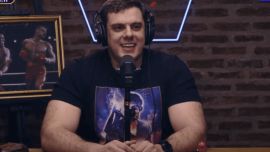








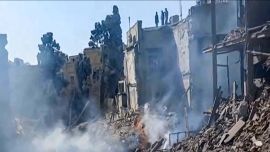
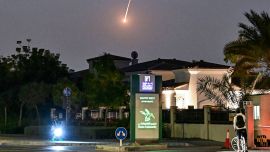
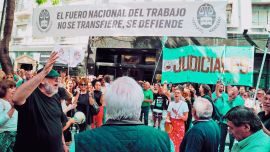
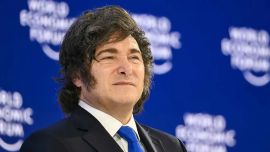
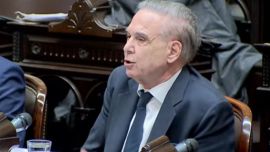
Comments